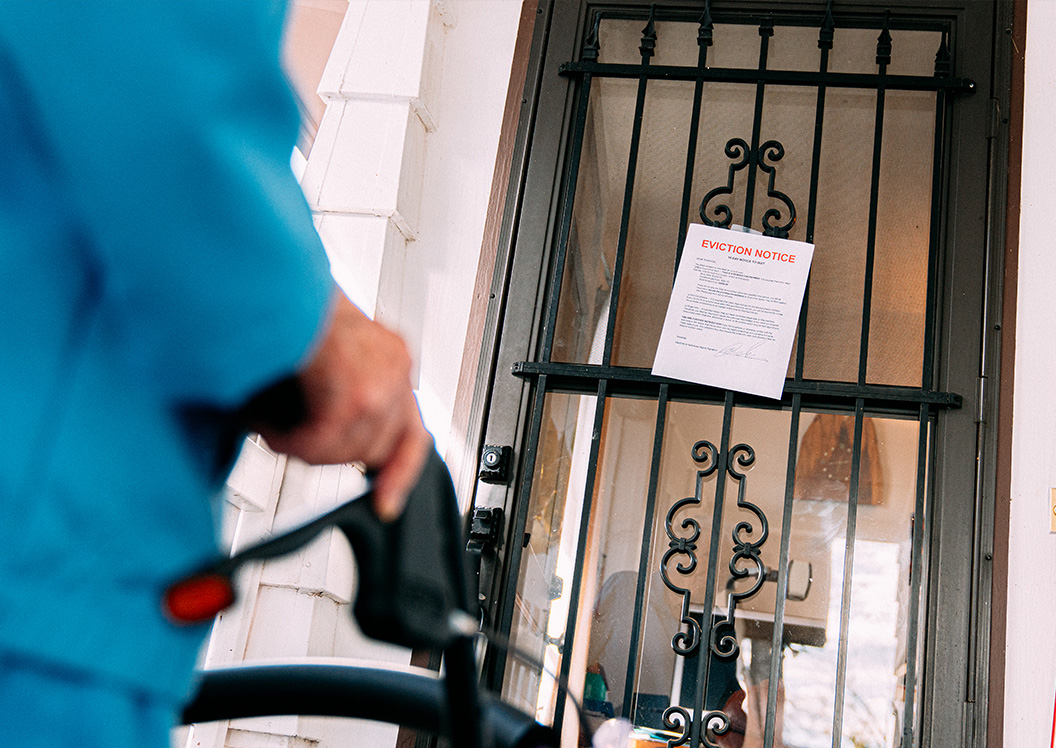Texas lawmakers are working to put an end to local control over residential evictions.
Rep. Shelby Slawson, a Republican who represents an area west of Waco, authored a bill that would block local municipalities from passing laws that restrict a landlord’s right to file an eviction, Bloomberg reported.
The proposal, House Bill 2035, is a response to ordinances passed by cities like Austin, Dallas and San Marcos, where landlords are required to give additional notices beyond the state’s three-day notice requirement. Eviction policies should be consistent across the state, Slawson said.
“We already have a uniform property code that applies equally across 254 counties. We depend upon that uniformity and reliability,” Slawson told the outlet. “We can’t allow the restructuring of those laws by municipalities around the state.”
Evictions are surging throughout Texas, exceeding pre-pandemic levels in major Texas cities, according to the Princeton University Eviction Lab. Eviction filings for March were 200 percent higher than the average rate for the month in years past in Harris County, which encompasses Houston.
In Austin, landlords are required to give a seven-day notice before filing eviction, and in Dallas, this “right-to-cure” period is 10 days. The City of San Marcos recently passed an ordinance that landlords must provide a 90-day notice, which is what prompted Slawson’s proposal.
At least one national lawmaker opposed it, including U.S. Rep. Greg Casar, a Democrat who served on the Austin City Council from 2015 to 2022. During that stretch, Casar said a local eviction ordinance kept eviction rates in Austin at much lower levels than cities like Dallas and Fort Worth.
“Being a renter who needs protection is not a partisan issue,” Casar said. “We kept Austin evictions down by thousands. Those were folks from all political backgrounds.”
State Rep. Nicole Collier of Fort Worth, said the right-to-cure period in Texas should be seven days, which would be closer to the Republican-led Oklahoma’s 10 days. In Alabama, it’s 14 days and in Mississippi, it’s 30 days.
The proposal could take effect in September if it is approved, or immediately if it gets two-thirds of the vote.
—Quinn Donoghue
Read more



